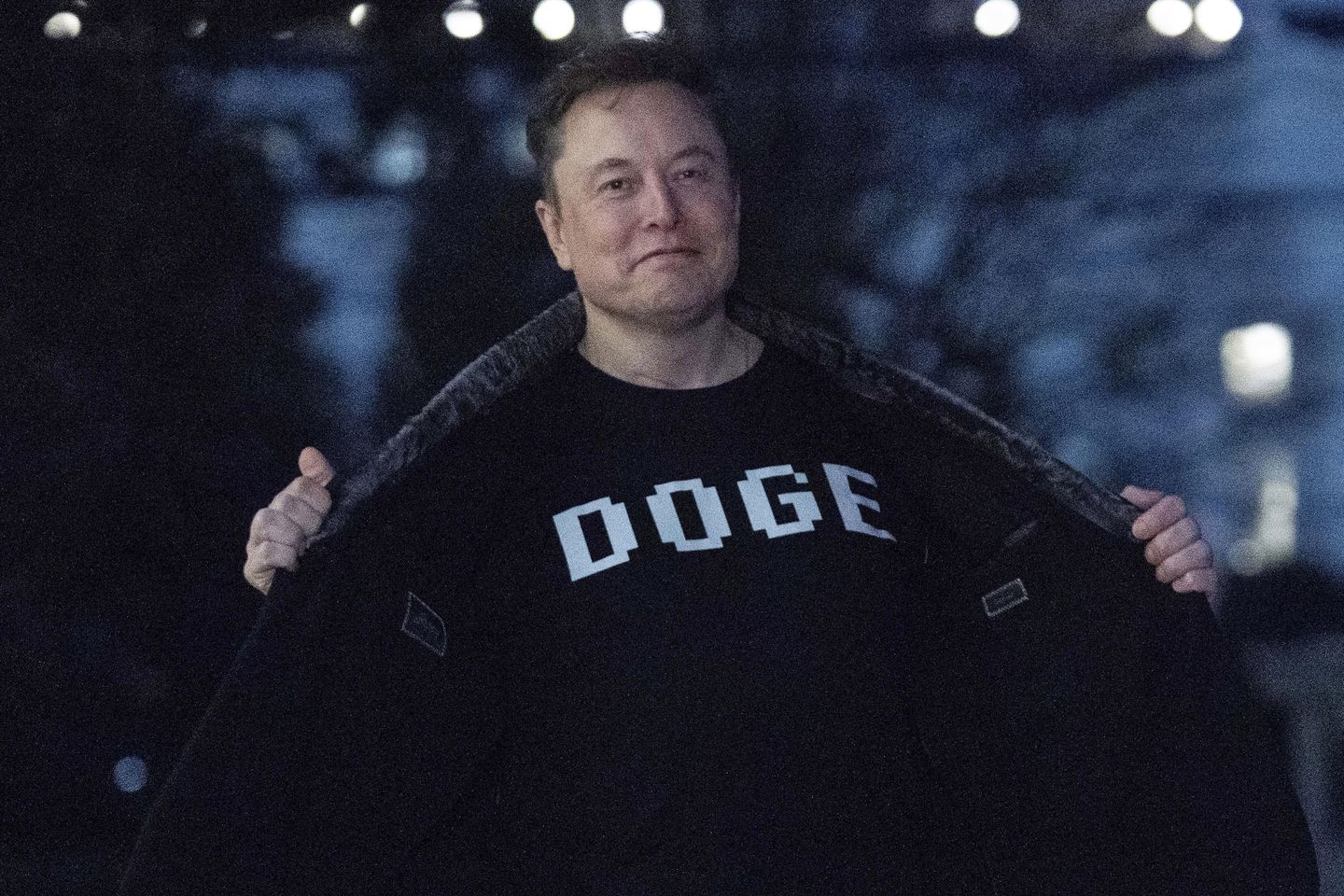
Chief Justice John G. Roberts Jr. has given at least a short-term reprieve to President Trump’s Department of Government Efficiency, putting on hold a legal discovery process that the government says threatens to upend the separation of powers.
The chief justice on Friday stayed discovery until he or the full high court takes further action.
Trump lawyers had rushed to the court this week after a district judge told DOGE it must comply with what the government called “intrusive” scrutiny into the inner workers of the secretive but influential operation associated with Elon Musk.
The case goes to the heart of what the DOGE is, and whether it is wielding actual power or merely acting as a very powerful advisor.
The case stems from a Freedom of Information Act submitted by Citizens for Responsibility and Ethics in Washington.
DOGE argued it is exempt from FOIA. U.S. District Judge Christopher Cooper said that’s not clear, and he allowed CREW to conduct legal discovery into DOGE’s behavior to help figure out an answer.
But U.S. Solicitor General D. John Sauer said the legal discovery is an end-run to allow the same sort of intrusive inquiries that the government says can’t be obtained through FOIA.
“That order turns FOIA on its head,” Mr. Sauer said in asking the justices to intervene. “And that order clearly violates the separation of powers, subjecting a presidential advisory body to intrusive discovery and threatening the confidentiality and candor of its advice.”
DOGE has been Mr. Trump’s internal affairs division for the federal bureaucracy, roaming through government agencies and demanding data and documents to try to suggest cuts and changes to operations.
Both it and Mr. Musk, a senior advisor to Mr. Trump and putative head of DOGE, have been subject to a tangle of lawsuits about their activities, including their access to data and whether they were the force behind controversial decisions.





![CNN’s Jennings Roasts Biden's 'The View' Interview Defenders, Calls Out Coming Meltdown [WATCH]](https://www.right2024.com/wp-content/uploads/2025/04/Scott-Jennings-Wrecks-Former-Hillary-Spokesperson-with-One-Question-on-350x250.jpg)
![Frontier Airline Agents Fired After Video Mocking Passenger on Camera Goes Viral [WATCH]](https://www.right2024.com/wp-content/uploads/2025/05/Frontier-Airline-Agents-Fired-After-Video-Mocking-Passenger-on-Camera-350x250.jpg)

![Stephen A. Smith Goes Ballistic on DeMS-13 Senator Van Hollen [WATCH]](https://www.right2024.com/wp-content/uploads/2025/05/Stephen-A-Smith-Goes-Ballistic-on-DeMS-13-Senator-Van-Hollen-350x250.jpg)

![Dem Rep Caught on Bodycam Physically Attacking Law Enforcement at ICE Detention Facility [WATCH]](https://www.right2024.com/wp-content/uploads/2025/05/Dem-Rep-Caught-on-Bodycam-Physically-Attacking-Law-Enforcement-at-350x250.jpg)
![Minnesota Officials Panicking Over Derek Chauvin Pardon Speculation, Potential Unrest [WATCH]](https://www.right2024.com/wp-content/uploads/2025/05/Minnesota-Officials-Panicking-Over-Derek-Chauvin-Pardon-Speculation-Potential-Unrest-350x250.jpg)




